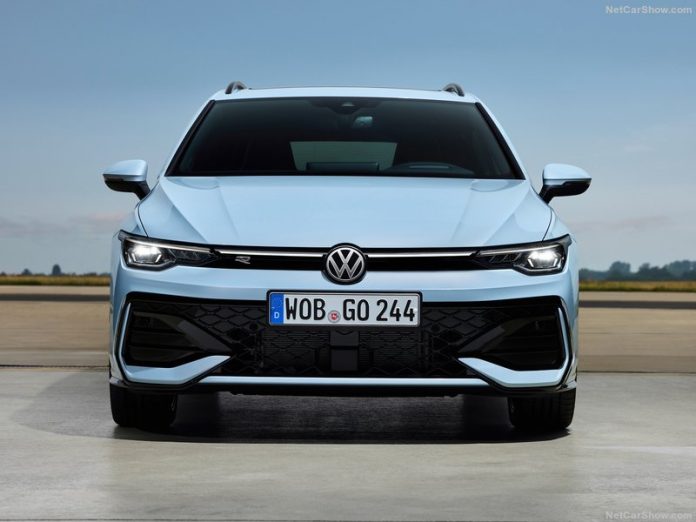Austrian Car Sales recovered after a slow start in January. Total sales throughout May reached 19,820 units (-3.9%). Market leader Volkswagen extends its lead (+5.3%).
Market Trend and Outlook
Austrian Auto Market in May registered 19,820 units, down 3.9% from the previous year. YTD sales reach 104,426 (+2.2%)
Looking at cumulative data up to May 2024 brand-wise, Volkswagen maintains 1st position with 15,791 sales (+5.3%), followed by Skoda in 2nd at 9,934 (-1.7%) and BMW in 3rd with 7,807 new sales (+10.0%).
In 4th position ranks Audi with 6,464 sales (-6.8%), followed by Seat with 6,318 (+8.5%), Mercedes with 5,329 (+2.0%), and Dacia -up 2 spots- at 4,930 new registrations (+23.1%).
Toyota is in 8th position with 4,753 sales (+10.9%), followed by Tesla -up 1 spot- in 9th with 3,392 sales (-14.6%) and Mazda -up 5 spots- closing the leaderboard with 3,135 sales (+16.8%).
Looking at specific models the Volkswagen Golf becomes the best seller rising 111.2% in year-on-year volume, followed by the Skoda Octavia, up 17.1%.
Medium-Term Market Trend
The Austrian car market in the last decade hasn’t performed amazingly, reaching the all time high back in 2011. In the following year began a 3 year downtrend that would take sales form the peak of 376,628 to a low of 302,808 in 2014. The trend was reversed in 2015 but the 3 year growth that would follow couldn’t bring sales back above the all time high. In fact by the year 2018 sales started to drop again taking new car registrations back down to 310,896 by the end of 2019.
The arrival of the pandemic brought the European markets to a halt, due to the restrictive policies imposed by Governments all over Europe. Subsequently the Austrian car market fell 21.3% to the lowest level of the decade at 244,532.
In 2021, as for nearly all European countries, was a year of recovery and in the case of Austria sales remained quite stable, rising only 0.7%. In 2022 the market broke the resistance and fell 10.3% to 215,049 cumulative sales. A combination of factors are behind the current industry struggle: the disruption in the global supply chain caused by a lack of raw materials, in particular for the production of microchips and Governments push towards Evs, an expensive alternative for low income consumers.
In 2023 the Austrian Auto Market registered 239,106 units, growing 11.2% from previous year.
Tables with sales figures
In the tables below we report sales for all Brands, top 10 Manufacturers Group and top 10 models.











